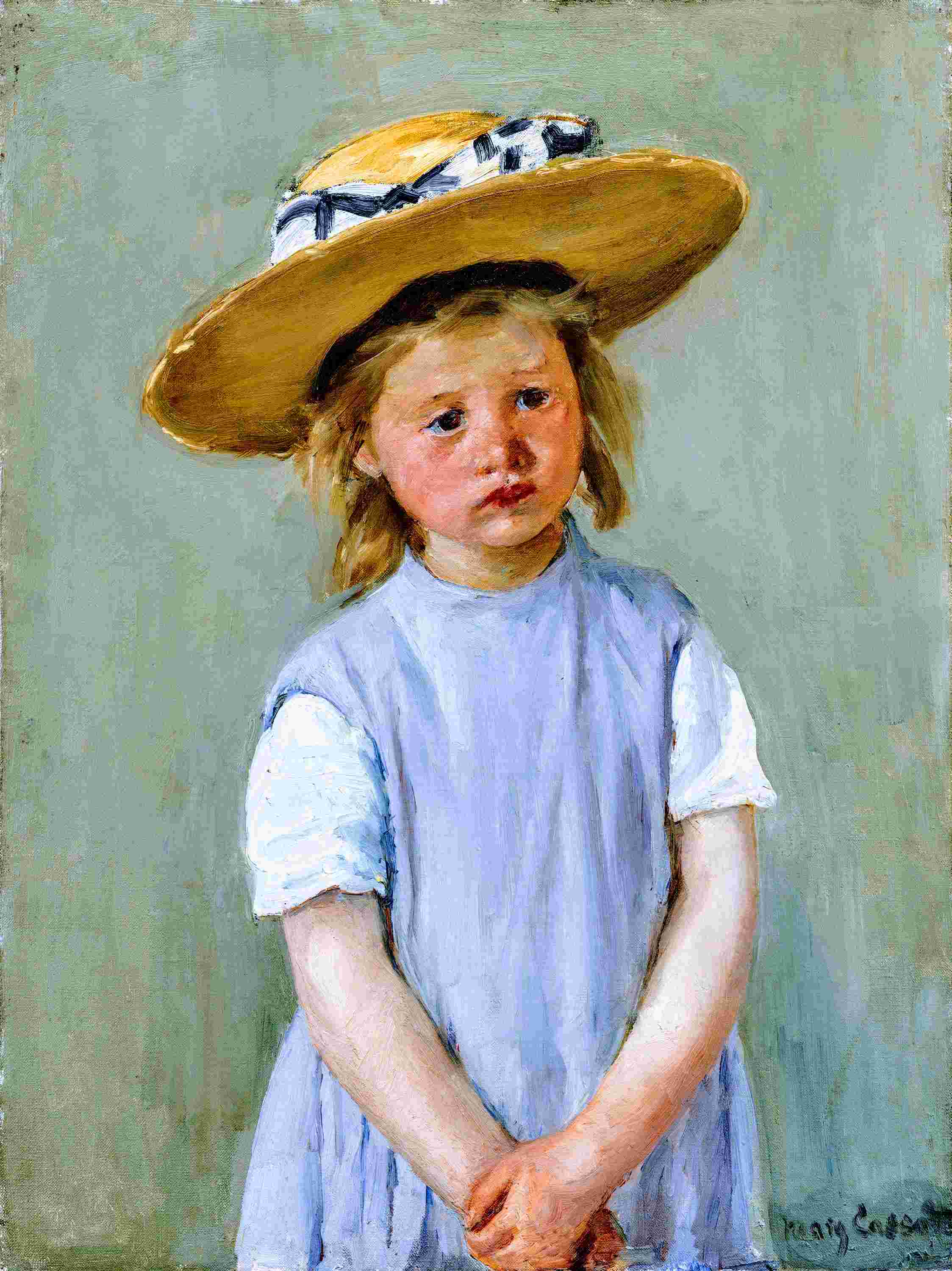Most parents and teachers are familiar with the concept of "summer slide", the loss of math and reading skills among young children during three long months away from school. Researchers from Yale University and University of Connecticut intend to measure the damage that could be caused by the "coronavirus slide", a phenomenon supposed to deprive students of at the least six months of classroom instruction. A regression that may lead to a 30% deficit in learning in comparison to a normal school-year.
According to Ken Pugh, associate professor of linguistics and radiology at Yale University and president and director of research at the Haskins Laboratories, “Learning to read is one of the most challenging tasks that school children face and we fear prolonged loss of instruction could be catastrophic.”
Previous research has shown that, during summer break, the academic skills of children from kindergarten to second grade decline on average by a month before they go back to school. The new study at the Haskins Laboratories, which is funded by the National Science Foundation, will measure the impact of widespread school closures on reading achievement, as well as whether the use of remote learning methods and tools can reduce the negative effects on young students, in particular those from disadvantaged communities or with special needs.

Picture: Child in a Straw Hat, by Mary Cassatt (Wikimedia Commons, w/Effects)



